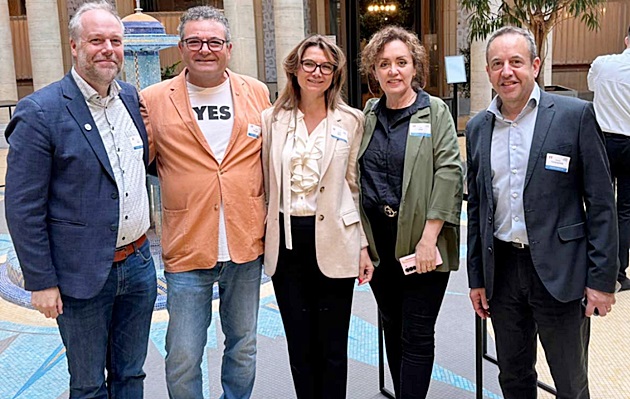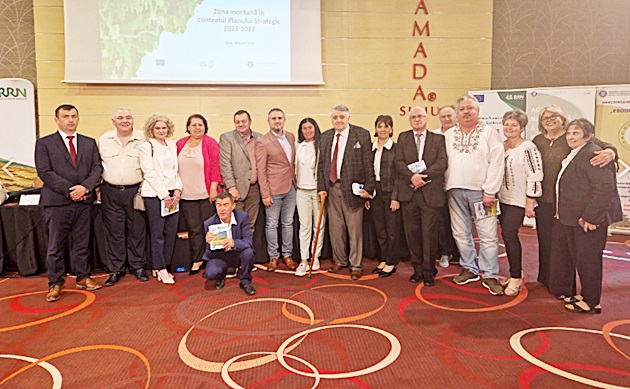
Final Conference of the SIDE-CIC Project Highlights Push for Social ID Cards in Construction
Brussels, Belgium – The final conference of the SIDE-CIC project, coordinated by the European social partners FIEC (European Construction Industry Federation) and EFBWW (European Federation of Building and Woodworkers), brought together key stakeholders to advance the implementation of social ID cards in the construction sector.
The initiative aims to promote transparency, digitize employment relationships, and support the decent work agenda across EU construction markets, where labour mobility and vulnerability to exploitation remain high.
Mapping Social ID Card Systems Across Europe
One of the key deliverables of the SIDE-CIC project was the development of a comprehensive map of operational social ID card systems across the EU. The research revealed that:
- 15 EU countries already have functioning social ID card systems in place.
- 4 additional countries are currently in the process of implementing such systems.
These tools are proving effective in:
- Combating undeclared work,
- Enhancing traceability of workers, and
- Facilitating labour inspections and compliance monitoring.
Romania’s Contribution: "ID Cards for Decent Work"
Within this broader European framework, Romania has taken concrete steps through the project "ID Cards for Decent Work in the Construction Sector", implemented by FPSC (Federation of Construction Employers) in partnership with FGS Familia (General Federation of Family Trade Unions).
A key milestone of the project is the drafting of a public policy document outlining:
- The institutional, operational, and technological framework for implementing a national social ID card,
- The goal of fighting undeclared work, ensuring labour transparency, and improving worker protections in construction.
This initiative aligns Romania with established European best practices and supports the digital transformation of employment relations in a sector vital to economic development.
European-Level Challenges: Interoperability and Mutual Recognition
A major topic addressed during the conference was the interoperability of national social ID card schemes. With high labour mobility in construction across EU borders, participants emphasized the urgent need for:
- Cross-border coordination,
- Mutual recognition of systems,
- And the secure, GDPR-compliant exchange of employee data across national platforms.
Only through such cooperation can Europe ensure that the protection of workers, enforcement of fair labour conditions, and digital innovation advance hand-in-hand.
Conclusion
The SIDE-CIC conference underlined that social ID cards are more than digital tools—they are strategic instruments for decent work, legal employment, and fair competition across the EU construction industry. As Romania and other Member States move toward implementation, sustained commitment from social partners, institutions, and policymakers will be essential.




